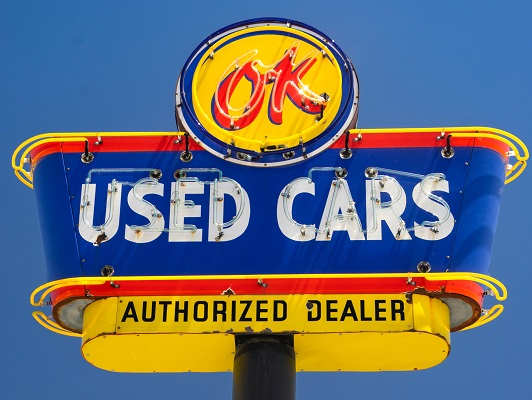You’ve done your research, you’ve gone on test drives, and you think you’ve found the perfect used car. But then, a few days or weeks after you drive it off the lot, problems start to crop up.
Maybe the engine starts making strange noises, or the brakes don’t work as well as they should. Is your car a lemon? And if so, are you protected by law?
The answer, unfortunately, is that it depends. In many states, there are laws known as “lemon laws” that protect consumers who buy new cars that turn out to be lemons, and you may need to hire a Los Angeles lemon law attorney.
Here’s what you need to know about used car lemon laws.
What is a Used Car Lemon Law?
A used car lemon law is a state law that offers protections for buyers of used cars. These laws vary from state to state, but they typically provide protections for buyers who purchase a used car that turns out to be a lemon.
Under these laws, the seller may be required to take back the car or provide a refund in case they are not able to fix the car and bring it to the right condition.
Do All States Have Used Car Lemon Laws?
No, not all states have used car lemon laws. In fact, only a handful of states have these laws on the books.
If you live in a state that doesn’t have a used car lemon law, you may still be protected under the federal Magnuson-Moss Warranty Act. This act requires manufacturers to provide written warranties for products that cost more than $15, and a used car certainly falls under that.
Which States Have Used Car Lemon Laws?
Some of the states with used car lemon laws include California, Florida, Illinois, Massachusetts, Minnesota, New Jersey, New York, Pennsylvania, Rhode Island, and Wisconsin.
It’s important to note that each state’s law is different, so it’s important to research the specific law in your state before taking any action.
What Are Your Options If You Think You Have a Lemon?
If you think you may have purchased a lemon, your first step should be to contact the dealership or private seller from whom you purchased the car and explain the problem. Many times, they will be willing to work with you to fix the problem at no cost.
If the dealer or seller isn’t willing to help, your next step will depend on whether your car is covered by a warranty.
If it is, you can contact the manufacturer and ask them to repair the problem under warranty. If they’re not able to do so or if they refuse, you may be entitled to a replacement vehicle or a refund under your state’s lemon law.
Conclusion
Used car lemon laws are designed to protect buyers of used cars who end up with lemons. Not all states have these laws on the books, but some do.
If you live in a state with a used car lemon law and you think you’ve purchased a lemon, you may be entitled to a refund or replacement vehicle.
Consult a Los Angeles lemon law attorney for more information!
